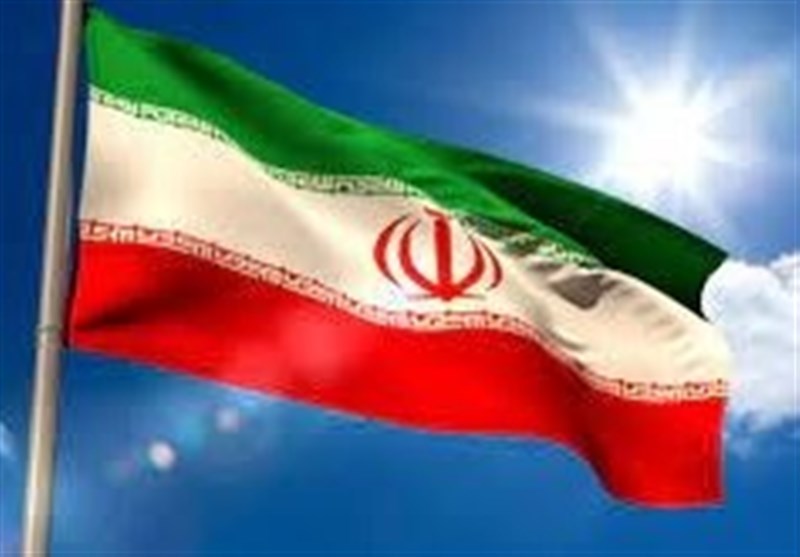Why is Iran an identity threat to liberalism?
Peyman Salehi, an expert on international affairs, has addressed the liberal order and the logic of sanctions in a note titled “Sanctions as a Civilizational War: Why Iran is an Identity Threat to Liberalism?”
Introduction
The confrontation between the Islamic Republic of Iran and the United States of America is, on the surface, usually analyzed around issues such as Iran’s nuclear program, missile capabilities, or regional presence. However, this view is superficial and incomplete. The reality is that this confrontation has epistemic and civilizational roots; it is a battle between two readings of the world order, two political rationalities, and two philosophical foundations for governing society. In this framework, sanctions are not simply a tool of economic pressure, but rather a continuation of the “civilizational war,” a systematic attempt to destroy Iran’s intellectual, social, and identity infrastructure.
Liberal Order and the Logic of Sanctions
The liberal world order is based on concepts such as individualism, secularism, market sovereignty, and a specific model of instrumental rationality. In contrast, the Islamic Republic is based on a monotheistic, morally oriented, collectivist, and independence-seeking rationality. In this field, sanctions play the role of “soft containment”: without deploying a military, they gradually erode the infrastructure of life in the target society.
This logic has been materialized in various experiences:
In Iran, sanctions effectively targeted medicine and medical equipment, blocked the country’s financial network, and sought to weaken the social capital of the system by creating social discontent.
In Venezuela, a sharp decline in oil exports and banking isolation led to a livelihood crisis and widespread migration, all without firing a single shot.
Sanctions are not just a tool of economic pressure; they are a “project to weaken the civilizational dimension” of the target country.
Media Representation of Sanctions
Another important dimension of this civilizational war is the attempt to “normalize sanctions” through media narratives. Western media present sanctions not as an inhuman and collective tool, but as a “legitimate” tool of foreign policy; as if nations must pay the price for their intellectual resistance.
These representations portray an alternative identity of Iran: a backward, isolated, and ineffective country, while the goal is to insinuate the futility of any kind of illiberal system.
Iran’s Role in Disrupting the Liberal Order
What has made sanctions more severe and persistent is not simply Iran’s political behavior; it is Iran’s capacity to present an alternative model of political order, diplomacy, and even sovereign rationality. For this reason, the United States has gone beyond sanctions and is trying to build a global network of “anti-Iranian consensus.”
In this framework, Iran is not just a state, but a civilizational issue; and confronting it is an epistemological task for defenders of the liberal order.

